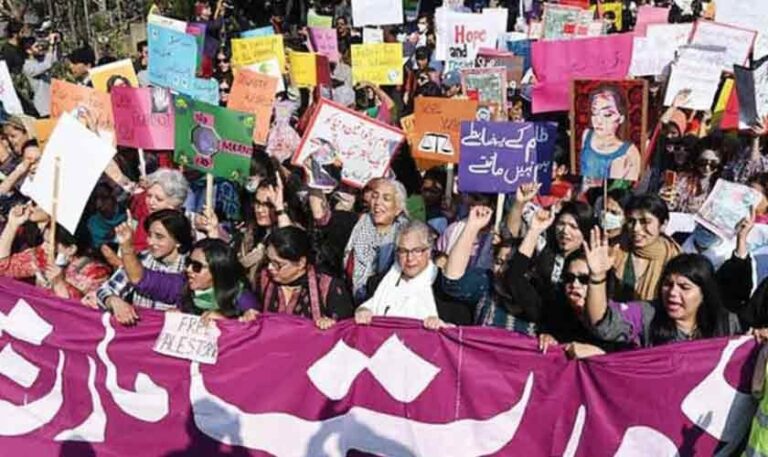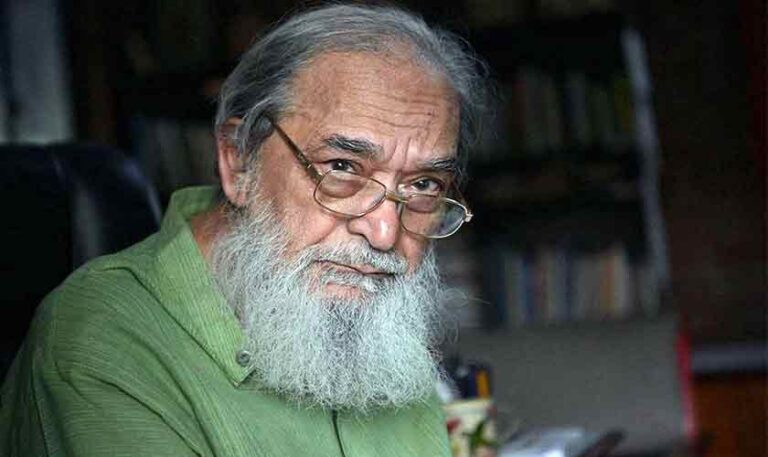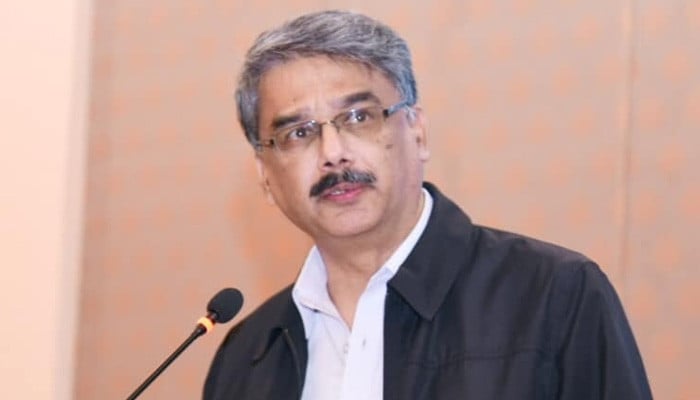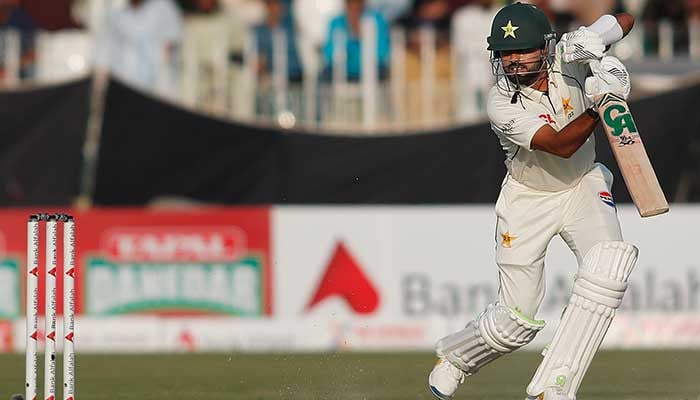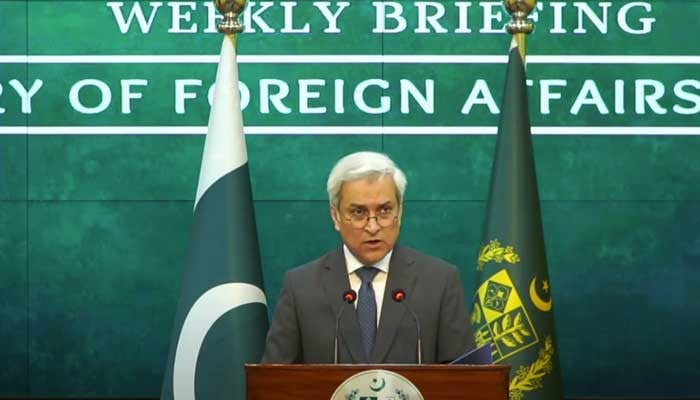
#Pakistan #cricket #struggles #performance #leadership #Sports
Pakistan cricket has long struggled with inconsistency – not just in performance, but also in leadership. In recent years, the team has seen a revolving door of captains across formats, including Babar Azam, Shadab Khan, Shan Masood, Shaheen Afridi and Mohammad Rizwan.
The Pakistan Cricket Board (PCB) believes that frequent captaincy changes can improve, but history suggests otherwise.
Constant shuffling often disrupts team cohesion and confuses players about their roles. Building a successful side requires stability, confidence, and a long-term vision — qualities that change in leadership. Instead of looking for quick fixes, the PCB should back a competent captain for an extended period, allowing him to shape the strategy and culture. Only then can Pakistan cricket move from chaos to consistency and truly find a path to success.
Pakistan cricket has entered another new chapter with the appointment of Shaheen Shah Afridi as the ODI captain. The left-arm pacer, who is already a star in international cricket, now has the added responsibility of leading the team in the 50-over format. This is the third leadership change for the format in the last 12 months.
Afridi, who has become Pakistan’s 32nd ODI captain, will lead the Green Shirts in the upcoming three-match series against South Africa starting November 4. He replaces wicketkeeper-batsman Mohammad Rizwan, who took charge of the 50-over team in October last year.
This will be Afridi’s second stint as national captain, having previously led Pakistan in five T20 Internationals against New Zealand in early 2024. This short stint ended in a 4–1 defeat, after which Babar Azam was reinstated as T20 captain.
The decision comes amid Pakistan’s struggle for consistency, both in performance and leadership, after disappointing results in recent tournaments.
Many people believe that Shaheen should be given T20 captaincy instead of ODI captaincy.
Shaheen has already proven his leadership credentials in franchise cricket, having left Lahore Qalandars behind in the PSL. His attacking mentality and youthful exuberance can revive Pakistan’s fortunes on the international stage.
But despite Salman Ali Agha’s poor performance in the Asia Cup, both the selectors and the head coach want to retain Agha as captain till next year’s World Cup.
A leadership change for a T20I team requires more attention than an ODI. Currently, the Green Shirts are ranked fifth in the ICC ODI rankings and seventh in the T20I rankings.
Shaheen’s appointment is being viewed with hope and caution. Supporters see it as a bold and refreshing move. His aggression, passion, and ability to inspire teammates can inject much-needed energy into a side that often lacks direction.
Since taking over as ODI captain last year, Mohammad Rizwan has been one of Pakistan’s most consistent performers, falling just four runs short of being the team’s top run-scorer, with an average of 42. Under his leadership, Pakistan secured series victories away from home in 2024 and in South Africa. However, the form of this team has been disappointing.
Rizwan took over the white-ball captaincy after Babar stepped down following Pakistan’s disappointing T20 World Cup campaign. The 33-year-old began his tenure with promise, leading Pakistan to a historic 2-1 series win in Australia.
However, Pakistan’s fortunes have declined sharply in recent months. Under Rizwan, the team lost the home tri-series final to New Zealand, were knocked out of the Champions Trophy in the opening round and suffered a 2–1 series defeat to the West Indies, their first in the Caribbean in 34 years.
He ended his ODI captaincy with nine wins and 11 losses from 20 matches, a 45% success rate.
PCB, chairman Mohsen Naqvi, has made frequent changes in leadership since early 2024. Afridi’s reappointment is believed to have been influenced by Pakistan’s white-ball head coach Mike Hesson, who sees the 25-year-old left-armer as a long-term option heading into the 2027 World Cup.
Meanwhile, critics have pointed out that Pakistan’s habit of changing captains frequently in formats has harmed the team’s stability. Over the past few years, the leadership has rotated between Babar Azam, Shada Khan, Shan Masood, and now Shaheen Afridi. Such constant reshuffles, he says, can create uncertainty, low morale and hinder long-term planning. Players thrive on a shared sense of role clarity and direction—both of which are difficult to maintain when leadership changes.
Pakistan now have separate captains for each format – Shaun Masood leads the Test team, Shaheen Afridi captains the ODI side, while Salman Ali Agha continues to lead the T20 squad, despite his poor performance in the Asia Cup.
Ultimately, Shaheen’s success as captain will depend on how quickly he adapts to the pressures of international leadership and whether the Pakistan Cricket Board gives him consistent support. A stable environment, clear communication, and trust from both management and players will be crucial.
Pakistan fans will hope that this change brings new focus and flexibility rather than being another short-lived experience. Only time will tell if Shaheen Shah Afridi’s leadership has ushered in real change or just added another name to the long list of Pakistan captains.
Afridi, who has successfully captained Lahore Qalandars to two Pakistan Super League (PSL) titles, is widely regarded as a natural leader.
Newly appointed Pakistan ODI captain Shaheen Shah Afridi brings a wealth of experience and proven ability to his latest leadership role. The 25-year-old left-arm pacer has represented Pakistan in 66 ODIs and 92 T20Is, taking a combined 249 wickets. In 32 Test matches, he took 120 wickets excluding the ongoing second Test against South Africa in Rawalpindi Shaheen.
Meanwhile, there is no change in the batting unit, but Babar Azam and Mohammad Rizwan are out of favor in the shortest form. Both, however, will feature prominently in Pakistan’s ODI setup, as the team begins to rebuild towards the 2027 ICC Cricket World Cup after a disappointing run.
khurms87@yahoo.com
